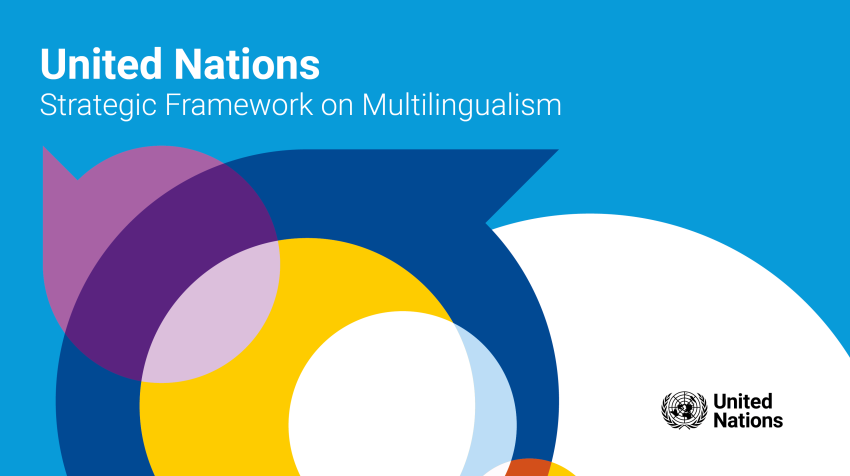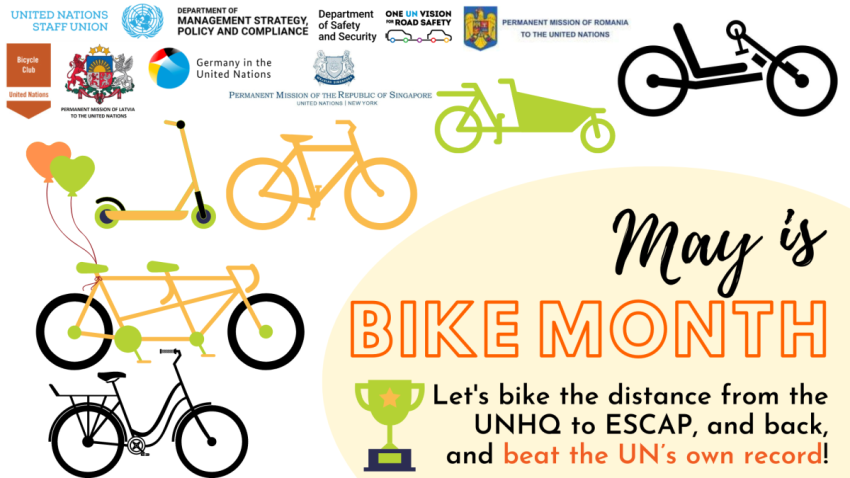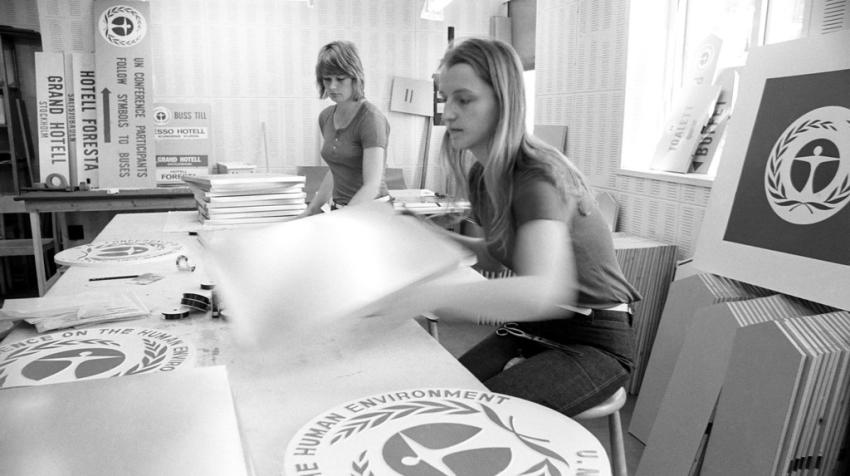The United Nations Strategic Framework on Multilingualism was launched on 27 March to implement General Assembly resolutions on multilingualism (most recently A/RES/76/268) and a recommendation by the Joint Inspection Unit (JIU/REP/2020/6).
Much anticipated by Member States, it is the first of its kind within the Secretariat and system-wide.
The United Nations Strategic Framework on Multilingualism was developed under the direction of Under-Secretary-General for General Assembly and Conference Management Movses Abelian in his capacity as the United Nations Coordinator for Multilingualism.
It is the result of activities undertaken in 2022, including by a working group comprising 49 Secretariat entities, and of extensive consultations conducted with key entities throughout 2023.
Multilingualism is a core value of the United Nations and contributes to the achievement of its goals.
“The United Nations takes pride in its intrinsic multilingual character, the rich linguistic skills of our staff, and the immense diversity of our Member States, audiences, and operational environments," states the Secretary-General in the forward. "We must also acknowledge existing challenges and strive to make further progress.”
The United Nations Strategic Framework on Multilingualism reaffirms our Organization’s commitment to multilingualism by integrating language considerations into every aspect of the Secretariat’s work. It presents the findings of a comprehensive review of multilingualism in the Secretariat and outlines three broad goals alongside a series of recommended next steps.
It is hoped that it will contribute to further mainstreaming multilingualism, both internally and externally, in an accountable and data-driven manner while taking into account operational needs, budgetary constraints, and resource requirements.
Read the United Nations Strategic Framework on Multilingualism in any of the six official languages of the United Nations (Arabic | Chinese | English | French | Russian | Spanish) and spread the word!




